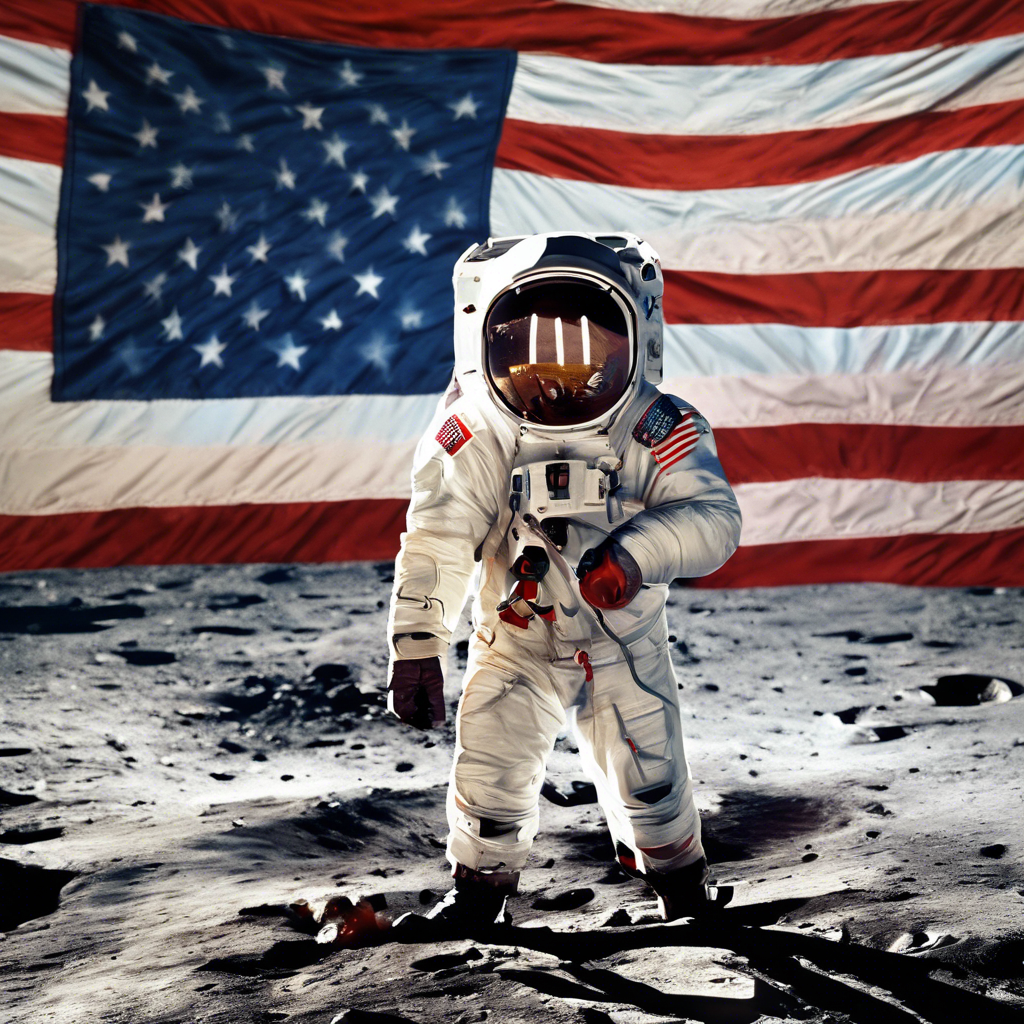Who was the first person to step on the moon?
A Giant Leap for Mankind
On July 20, 1969, a historic moment was etched in the annals of human history. The first person to set foot on the moon marked a groundbreaking achievement for the United States’ space program and human space exploration. Neil Armstrong, a renowned American astronaut, became an overnight sensation when he stepped off the lunar module Eagle’s ladder and onto the moon’s surface.
The Early Years of Neil Armstrong
Born on August 5, 1930, in Wapakoneta, Ohio, Neil Armstrong developed an interest in flight at a young age. He began taking flying lessons at 15 and earned his student pilot’s license on his sixteenth birthday. After completing his bachelor’s degree in aeronautical engineering from Purdue University, Armstrong joined the U.S. Navy and served as a naval aviator in the Korean War. Upon his return, he became a test pilot at the National Advisory Committee for Aeronautics (NACA) and played a pivotal role in the development of the X-15 rocket-powered aircraft.
The Apollo 11 Mission
Launched on July 16, 1969, the Apollo 11 mission was the culmination of a decade-long endeavor to land humans on the moon. The mission’s crew consisted of:
- Neil Armstrong (Commander)
- Edwin “Buzz” Aldrin (Lunar Module Pilot)
- Michael Collins (Command Module Pilot)
The mission’s objectives included:
- Successfully landing humans on the lunar surface
- Conducting scientific experiments and collecting samples
A Giant Leap for Mankind
At 20:17 UTC on July 20, the lunar module Eagle touched down on the moon’s surface in the Sea of Tranquility. Six hours later, Neil Armstrong made history by stepping out of the lunar module and onto the moon’s surface, famously declaring, “That’s one small step for man, one giant leap for mankind.” He was followed by Edwin “Buzz” Aldrin, who also set foot on the moon.
Legacy and Impact
Neil Armstrong’s groundbreaking achievement inspired generations of scientists, engineers, and explorers. His legacy extends beyond his moonwalk, as it marked a significant milestone in human space exploration. Armstrong’s courage and determination paved the way for future space missions, solidifying the United States’ position as a leader in space exploration.
Neil Armstrong passed away on August 25, 2012, but his memory and achievements continue to captivate people worldwide. His time on the moon remains an iconic moment in human history, inspiring future generations to reach for the stars.














Post Comment